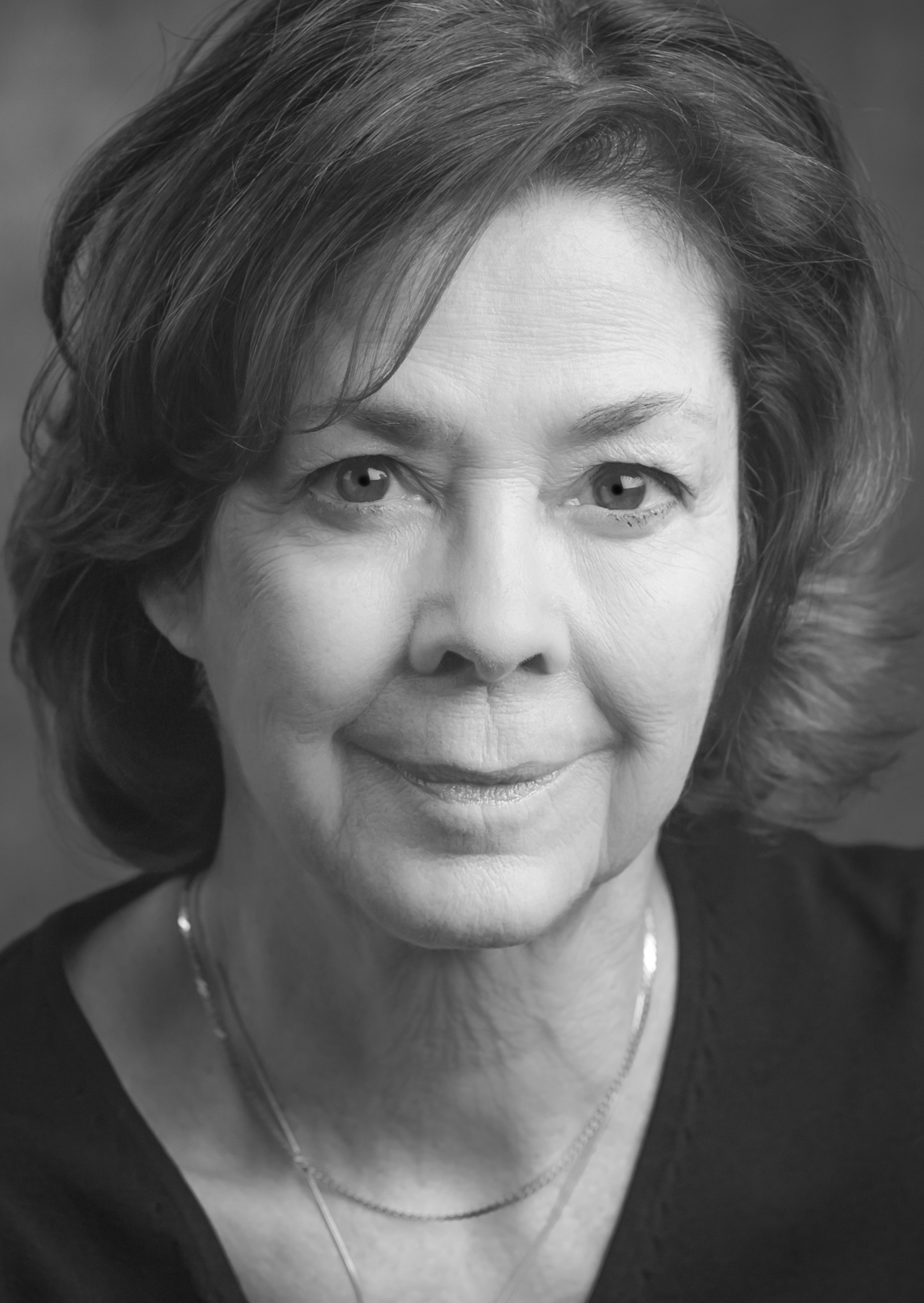
About Kate Blackwell:
Though I didn’t publish my first book until I was in my 60’s, I’ve been writing most of my life.
I was born in Winston-Salem, North Carolina, traveled north for college then returned to North Carolina for graduate school. I worked as a reporter at the Raleigh News & Observer and editorial writer for the Greensboro Daily News, before moving to Washington, DC, where I was a freelance writer and editor and co-authored several nonfiction books before turning full-time to fiction.
I write both novels and short stories. My short stories have appeared in several literary journals and three anthologies. My first full-length collection of stories, YOU WON’T REMEMBER THIS, was published by Southern Methodist University Press in 2007. It’s just been released in paperback and e-book by Bacon Press Books. I also taught fiction writing in the Washington area for fourteen years.
My home is in Washington, DC.
What inspires you to write?
Most of my stories grow from something I’ve seen or been told that I don’t understand and can’t forget. A couple is having lunch when a letter falls through the mail slot informing the husband that his wife is having an affair. What happens next? I come across a newspaper article about a man convicted of shooting his wife and her lover in his barn. What was he thinking as he loaded the gun? At a family gathering, I watch my cousin help his wife drink from a water glass. She is dying from a brain tumor; they are twenty-five years old. How do they bear it?
I want to get under the skin of characters in strange, frightening, or difficult situations. What I find is never what I expect.
Tell us about your writing process.
I don’t outline a story or a novel because I have no idea what will happen beyond the germ that starts me writing. My characters and their story develop in tandem out of their particular situation.
I proceed by writing scenes. A mother and her daughter take a walk together and find a dead dog. Two people who knew each other in high school meet after twenty years. At a dinner party a character behaves as she wants to be seen, while revealing the person she really is. The scenes may or may not be included in the final story, but they almost always help me flesh out the character and often move the story forward.
On the whole, dialogue is the best single tool for learning who your character is. How does she use language? Is she witty, acerbic, prone to clichés? Does she ask questions or use mostly declarative sentences? How well or poorly does she lie?
Scenes and dialogue can reveal things an author does not intend. One of my characters, a proper woman living a circumscribed life in a small town, kept making sharp, mean little remarks that surprised me. These comments alerted me to the fact that she was more complex than I’d imagined and perhaps more likely to do something reckless. Unexpected, unprompted character traits are a boon for a fiction author; narrative possibilities open up; tension grows; a stagnant story come alive.
What advice would you give other writers?
A writer’s preconceptions about her characters and their story can be big impediments to the creation of compelling fiction. It’s enough for the author to create a situation; then let go control and see what a character will do or say in those circumstances. Surprise yourself. If we don’t discover anything in what we write, our readers won’t either.
How did you decide how to publish your books?
The twelve stories in You Won’t Remember This were written over a period of twenty years. Ten were first published in literary magazines. When I had enough stories for a collection, I decided not to try to get an agent. From what I’d heard, agents are disinclined to take on a story collection by an author who hasn’t yet published a book. Unknown authors generally need an agent to publish with one of the larger mainstream houses, but there are many fine smaller presses out there. I chose four, based on the authors they had published whose work I liked, and sent a query letter along with two or three stories. All four asked to see the manuscript. One accepted it. One was all I needed.
What do you think about the future of book publishing?
The rumor persists that story collections are hard to sell, which is why agents are reluctant to take them on and publishers wary of buying them. I think that perception is changing, thanks in part to the success of collections like Olive Kittridge by Elizabeth Strout and to Alice Munro’s Nobel prize, acknowledging the amazing work she has done with the short form. Munro has changed the short story more than any other writer since Chekov, with her stunning leaps over time, her magical ellipses, her precise and surprising details.
More writers than ever are publishing short stories today. Literary journals have multiplied and online publications have opened new venues for storywriters. I believe the only real obstacle facing writers of short stories is the form itself: despite their short length, good stories are incredibly hard to write. Except on the rare occasion when one falls out of the sky, stories take a long time and lot of struggle to perfect. It’s worth the trouble. There is nothing like the high of finally getting a story right.
What genres do you write?: short stories, novels, literary fiction
What formats are your books in?: Both eBook and Print
Website(s)
Kate Blackwell Home Page Link
Link To Kate Blackwell Page On Amazon
Your Social Media Links
Goodreads
Facebook
Twitter
Pinterest
